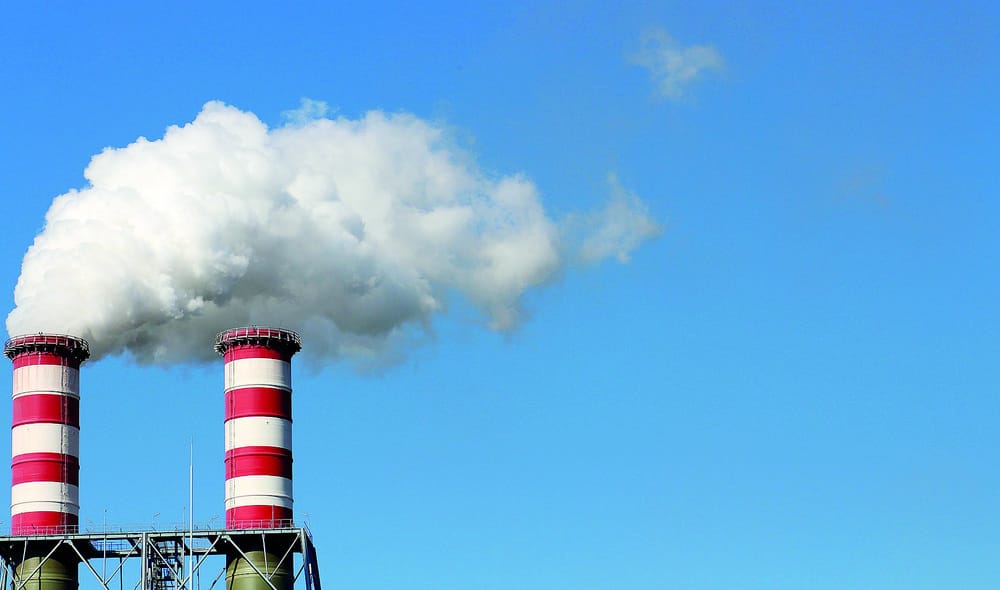China charges ahead environmentally
Sara Hamilton reports on China’s new approach towards environmental legislation

I can’t speak for everyone, but when I think of China in relation to the environment, an image of coal and smog-full Beijing, with millions of citizens running around in protective anti-pollution masks, springs to mind. Henry Wang, in his talk Energy and Environment Growth Strategies hosted by the Imperial Energy Society, brought a ray of optimism in the future of China’s energy mix and environmental legislation.
Wang began his talk with an overview of the global energy, environment & climate change strategies worldwide, summarising many of the facts that are frequently discussed as part of this ‘great energy debate’ we seem to constantly hear about. He underlined projections showing the expected global energy demand to rise 50% in the next 20-30 years, coupled with the ambitious aim set in the Paris Climate Conference to limit global temperature rise to 2°C by the end of the century, corresponding to the extremely limited CO2 atmospheric concentration of 450 ppm. Although oil is expected to remain in the energy mix and provide at least half this demand, the renewable industry is predicted to boom, doubling its production within 20 years to make this decarbonation possible.
Although some countries cough thanks Trump cough are showing limited action to meet their commitment to these ambitious global initiatives against climate change, the Chinese government, Wang claims, is showing promising progress in accomplishing significant change. A few months ago, China recently released a finalised version of its 13th Five-Year-Plan holding important implications for the future of its energy mix and sustainable growth. Through this plan, the government has set out to reduce its carbon intensity by 15% , following the success in the previous Plan which achieved a similar reduction. As part of this goal, the Chinese government has committed more than US $120 billion in an inter-city high-speed rail. The plan also sets out to accomplish ambitious targets in air-pollution control, requiring hundreds of cities to meet ‘good’ or ‘excellent’ standards 80% of the time, meaning they must score below 100 in China’s Air Quality Index. Furthermore, stricter limits on the emissions of SO2 and NOx have been placed, as well as those of Volatile Organic Compounds (VOCs). Finally, policies have also been introduced to tackle two of China’s most serious but less heard of environmental issues – water and soil pollution.
It hence seems that the environmentally endangered China we know from news broadcasts might soon become a place of the past. Maybe time for some of the countries on this side of the world to follow suit?








